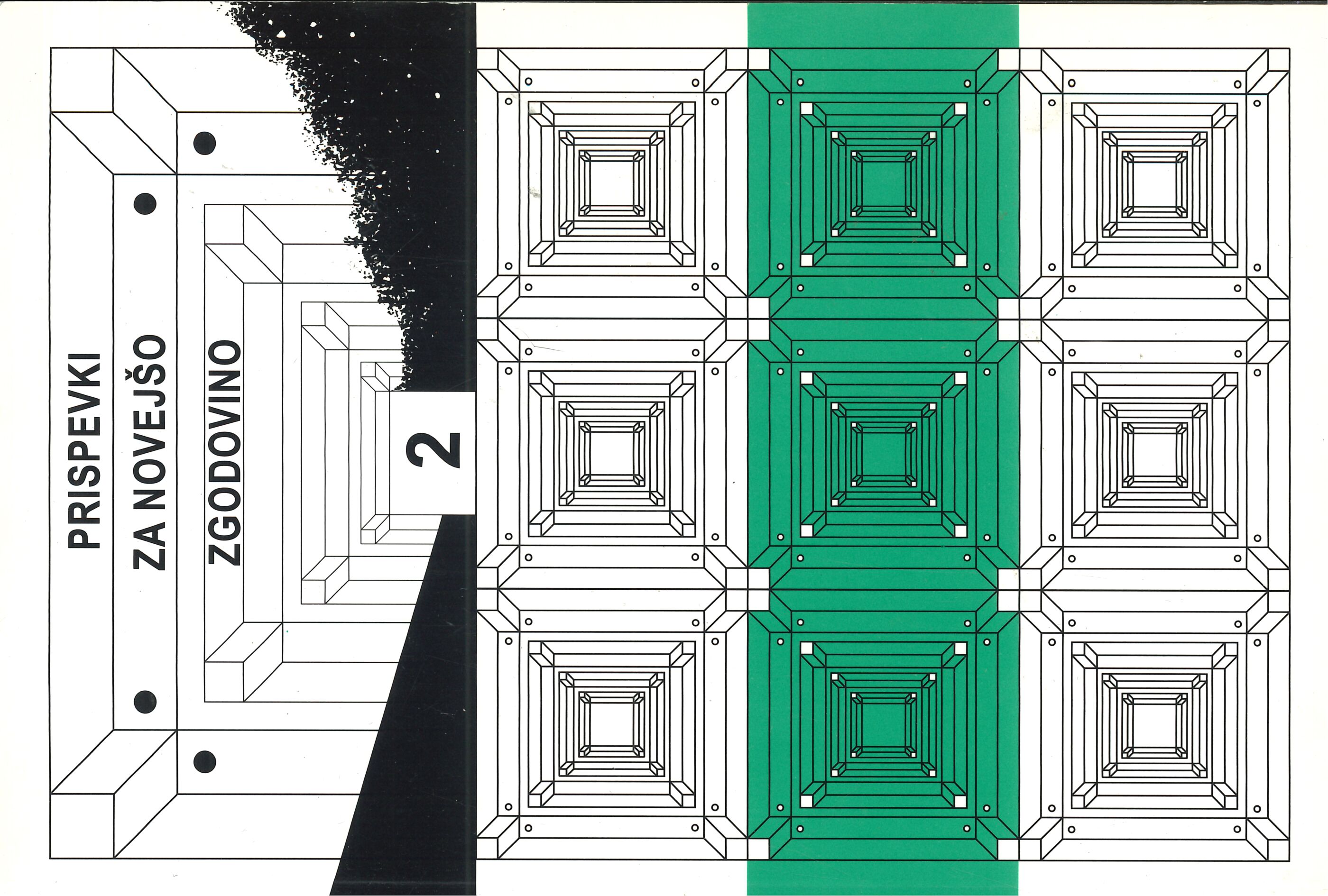Influence of Americanisation on the Economic Life in Slovenia with the Emphasis on the Second Half of the 20th Century
Keywords:
Slovenia, Americanisation, industrialisation, consumption, John M. Keynes, the Krško nuclear plantAbstract
The central subject and issue of the author's discussion is an active attitude of the Slovenian politics and economy towards the process of Americanisation of Slovenia (the transfer of basic values, relations, rules, organisational forms, and also technology from the United States) after World War II. Slovenians already faced Americanisation – one of the driving forces of the global processes – during its beginnings, and have remained in touch with it to this very day. It involved various processes and was accompanied by rises and falls, sympathy and opposition, as well as elicited different responses from the political and other elites. During the socialist regime in Slovenia we cannot discuss Americanisation as a consistent social practice. Nevertheless, the American influence has constantly been present and increasingly prominent, therefore we can say Slovenians have entered the modern, technologically developed world through the gates of the United States. The Americanisation of the Slovenian space has asserted itself after the political changes and attainment of Slovenian independence in 1991, when it became associated with the ideas of democratisation, modernisation, market economy and consumption.
Downloads
Published
Issue
Section
License
Authors who publish with this journal agree to the following terms:
- Authors retain copyright and grant the journal right of first publication with the work simultaneously licensed under a Creative Commons Attribution License that allows others to share the work with an acknowledgement of the work's authorship and initial publication in this journal.
- Authors are able to enter into separate, additional contractual arrangements for the non-exclusive distribution of the journal's published version of the work (e.g., post it to an institutional repository or publish it in a book), with an acknowledgement of its initial publication in this journal.
- Authors are permitted and encouraged to post their work online (e.g., in institutional repositories or on their website) prior to and during the submission process, as it can lead to productive exchanges, as well as earlier and greater citation of published work (See The Effect of Open Access).


